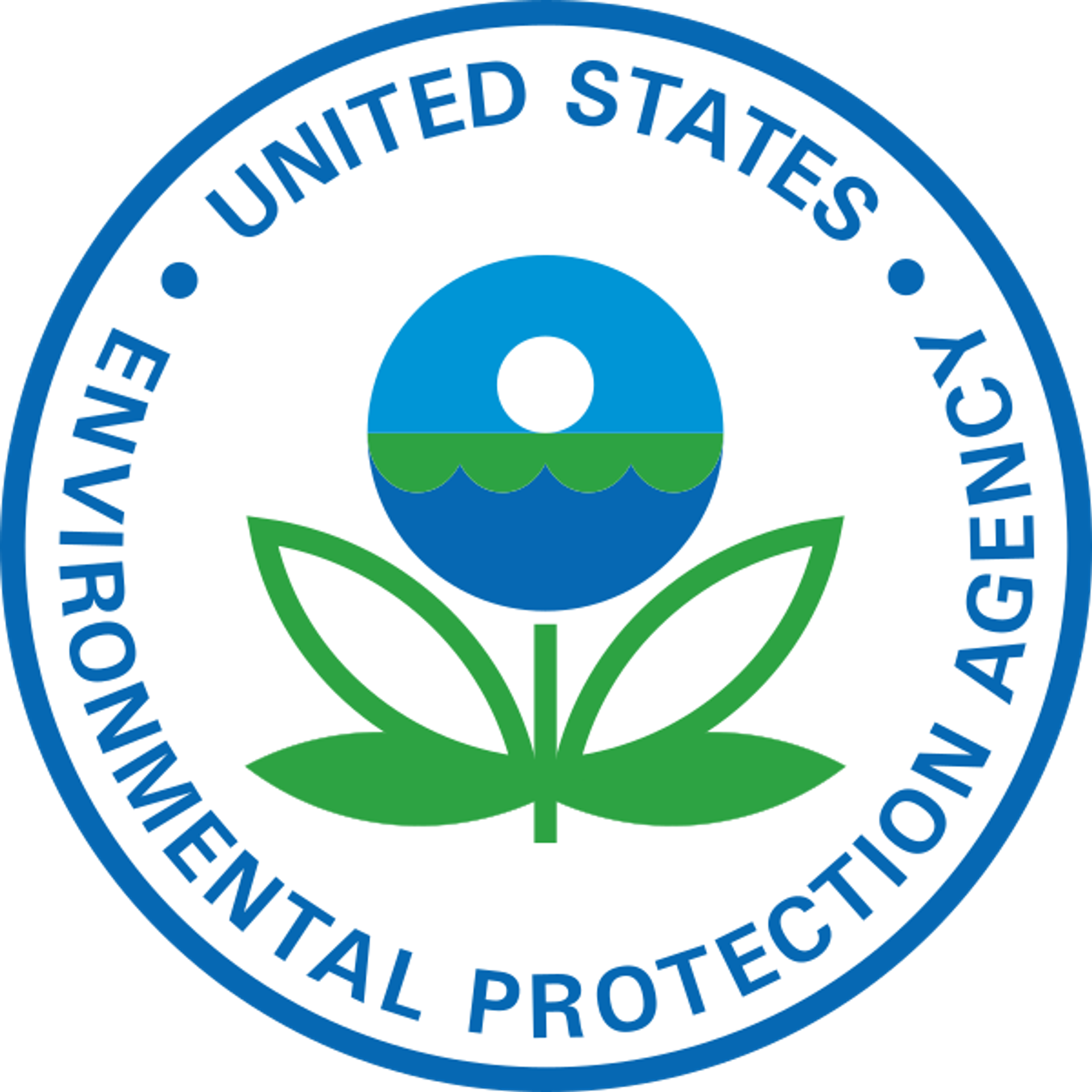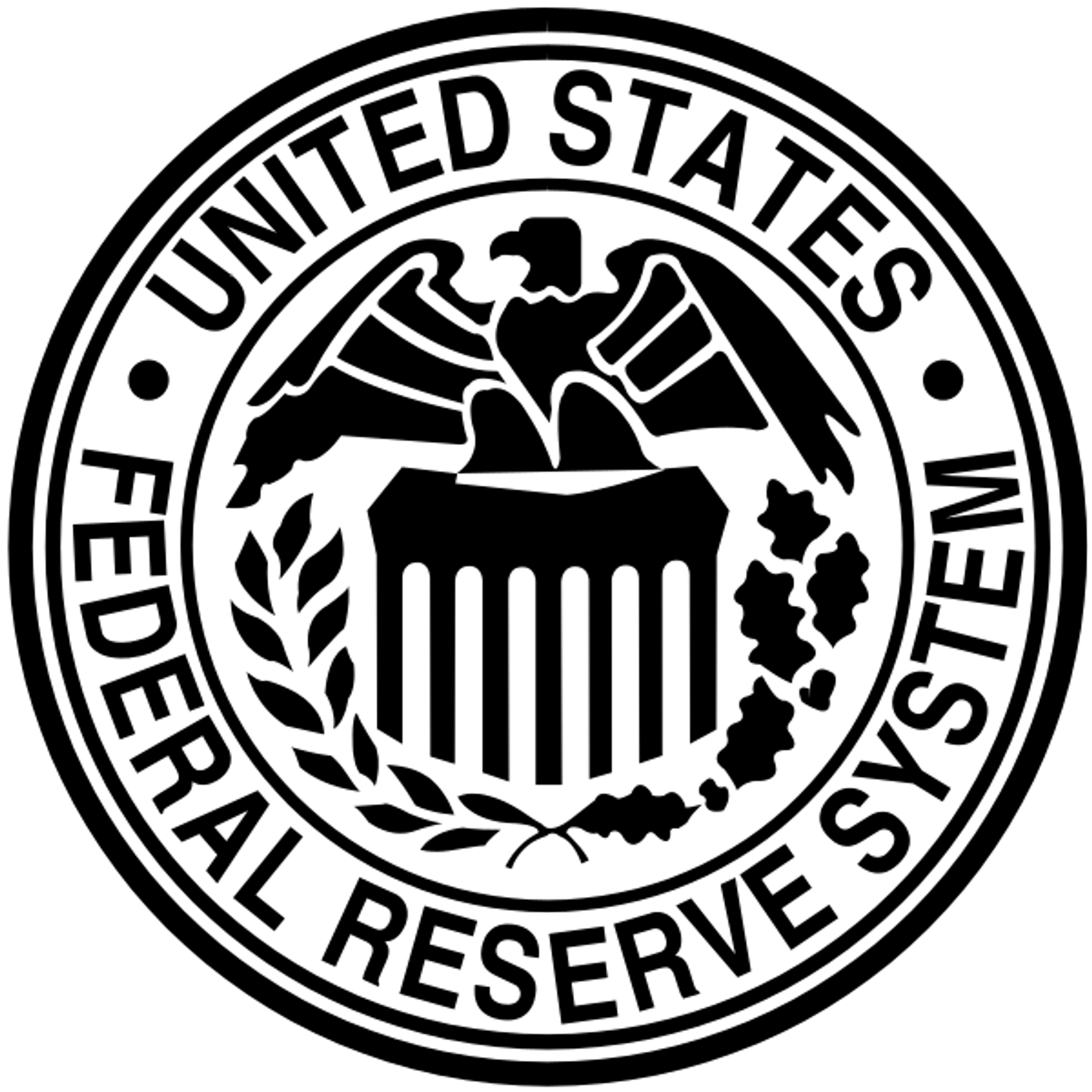
United States Environmental Protection Agency
What do people say about United States Environmental Protection Agency?
The United States Environmental Protection Agency (EPA) is perceived as a necessary but often ineffective federal agency tasked with environmental protection. While it has a mandate to safeguard public health and the environment, the EPA frequently faces criticism for slow action, regulatory rollbacks, and susceptibility to political interference. Many view it as a bureaucratic entity more concerned with maintaining its own existence and navigating political compromises than aggressively combating environmental degradation. Despite its foundational role since 1970, the agency is seen by some as symbolic rather than transformative, with its impact diluted by underfunding and contested jurisdiction. The public perception is mixed, with supporters valuing its mission but detractors questioning its practical effectiveness and independence.
Where are the conversations happening?
The lack of explicit source segments limits detailed channel-specific analysis, but typically, critical discussions about the EPA are most pronounced in politically conservative media outlets and industrial trade publications that accuse it of regulatory overreach or ineffectiveness. Conversely, environmental advocacy channels and progressive media tend to push for stronger EPA action and highlight regulatory rollbacks as failures. The most critical discourse often revolves around political debates in national news networks and specialized environmental news outlets, where the EPA’s role is scrutinized in the context of climate policy and pollution control.
What are the topics trending around United States Environmental Protection Agency?
Emerging trends near the EPA include debates over climate change regulations, rollback or strengthening of pollution standards, funding for environmental research, and the agency's role in environmental justice and public health crises.
Why are these topics trending?
These topics arise from ongoing political battles over environmental policy, the increasing urgency of addressing climate change, and public demand for accountability regarding pollution and health impacts. The EPA is directly impacted by shifts in administration priorities, legislative changes, and societal pressure for more robust environmental protections, making these trends central to its future perception and effectiveness.
How is United States Environmental Protection Agency being talked about?
Detailed breakdown of public sentiment and conversations about this entity.
Impact vs Sentiment
See how each entity's high impact percentage relates to their positive sentiment percentage from actual mentions.




